Category:Free Markets and Capitalism

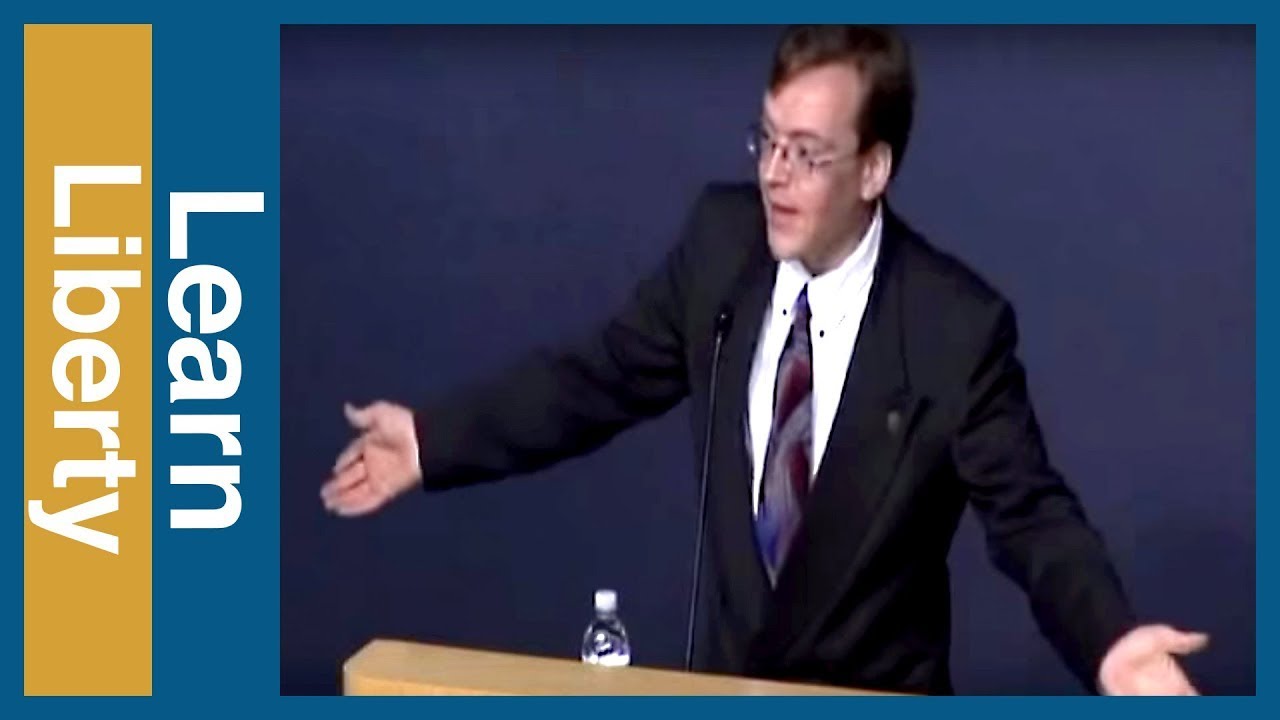
Property Rights in the 21st Century
August 25, 2011 | Video
Timothy Sandefur, Principal Attorney at the Pacific Legal Foundation, discusses how the evolution of law in the United States has affected our property rights. Beginning with discussions of the founding fathers, Timothy describes how our rights, especially property rights, have eroded as a consequence of progressive ideas and judges. To reverse this cycle, Timothy states […]
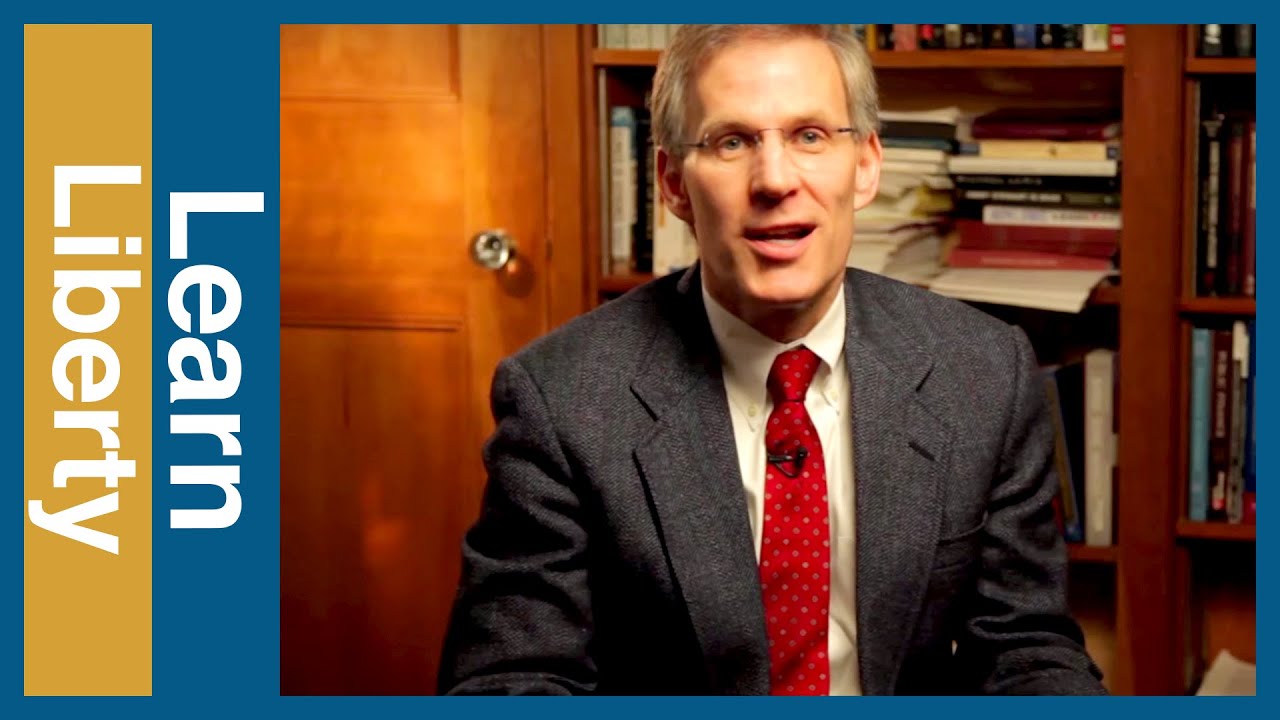
Top Three Common Myths of Capitalism
August 22, 2011 | Video
Is being pro-business and pro-capitalism the same? Does capitalism generate an unfair distribution of income? Was capitalism responsible for the most recent financial crisis? Dr. Jeffrey Miron at Harvard answers these questions by exposing three common myths of capitalism.
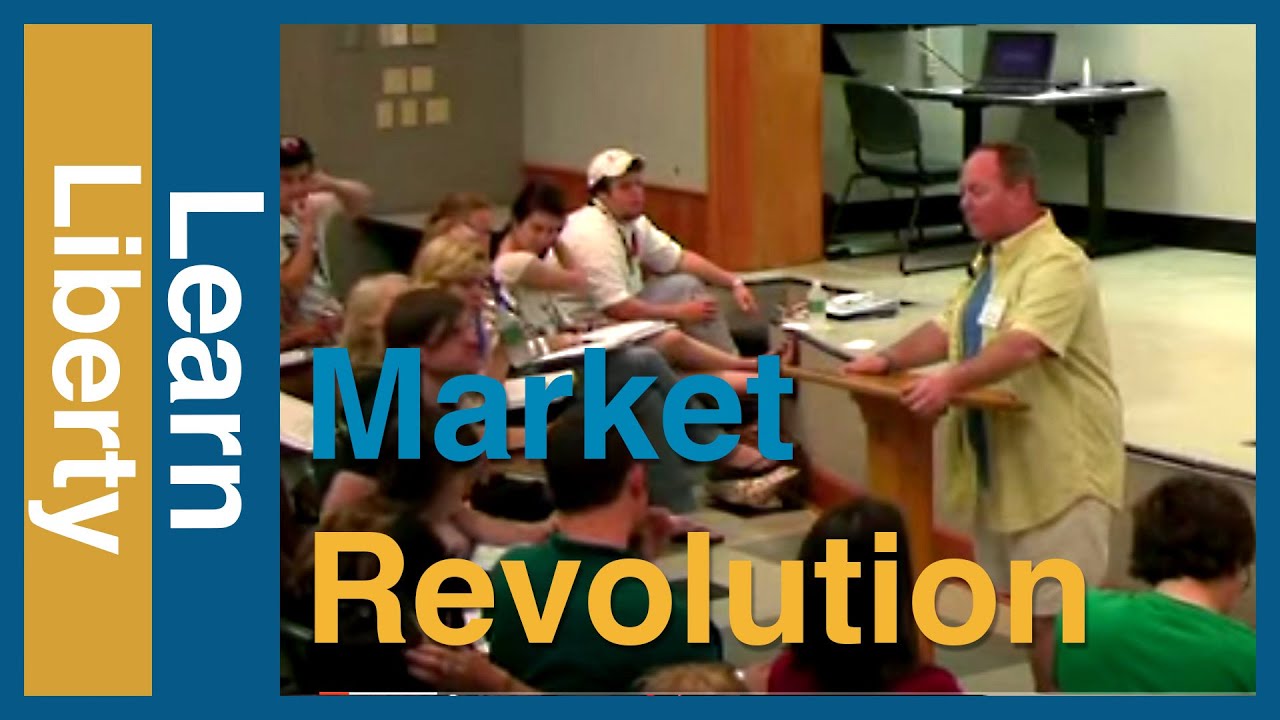
The Market Revolution
August 12, 2011 | Video
What is the market revolution? How has it affected our daily lives? Was it good for ordinary Americans? What caused it? Was the market revolution good for humanity? Through a series of historical stories and data, history professor Rob McDonald answers all these questions, along with many others.
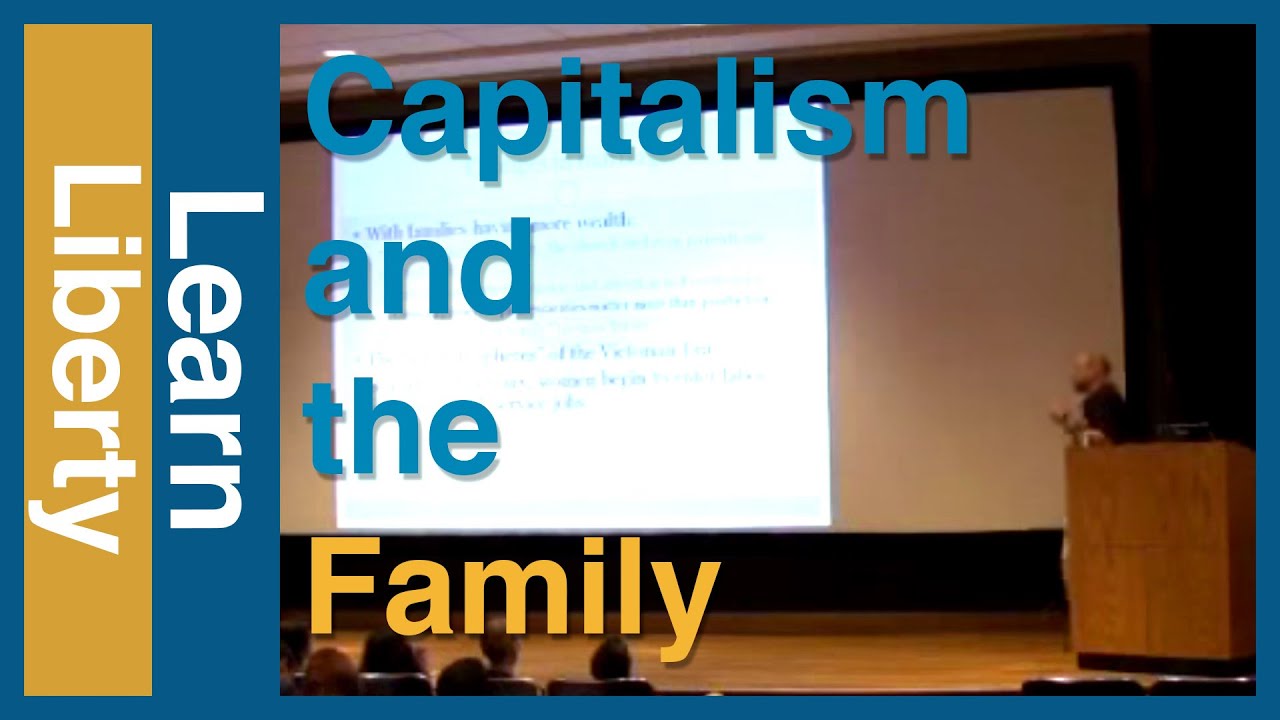
Capitalism and the Family
June 3, 2011 | Video
Prof. Steve Horwitz discusses the relationship between capitalism and the family. Prior to capitalism, the primary purpose of families was production. Capitalism was the first economic system to enable individuals to form various types of associations, generating a more dynamic cultural evolution. The result of this process was a more moral and free family structure. […]
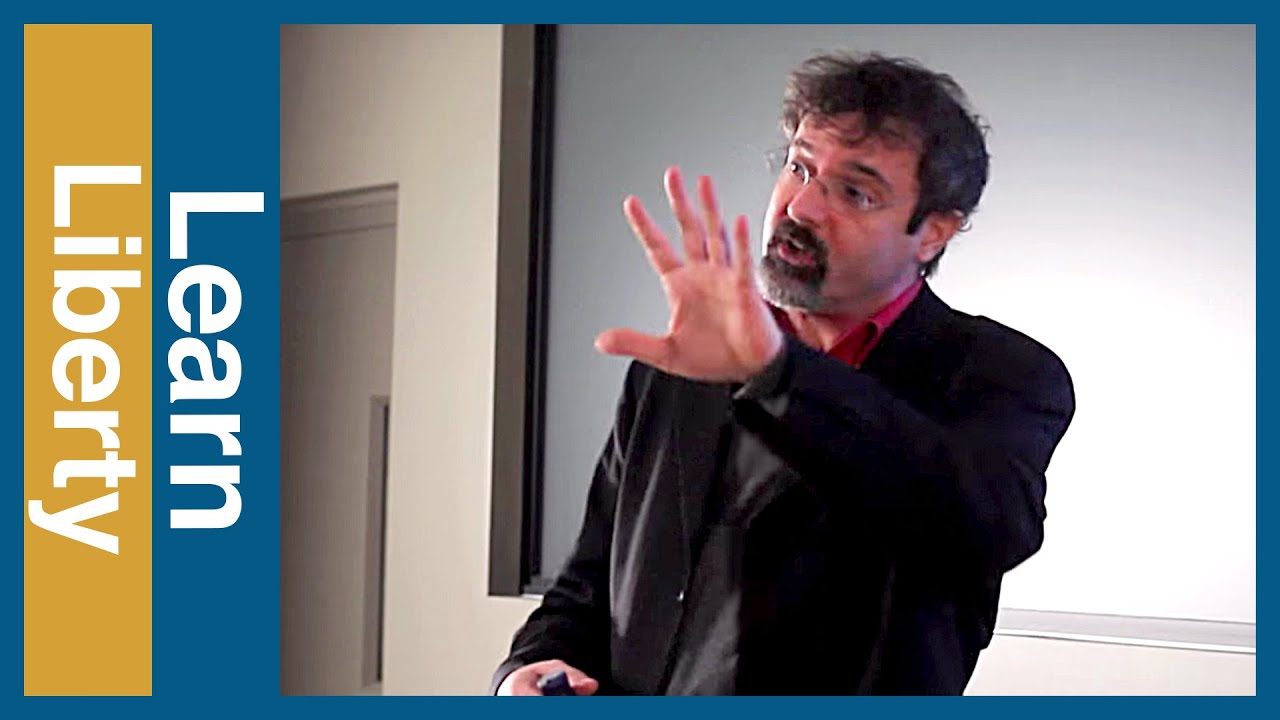
Markets: Exploitation or Empowerment?
May 26, 2011 | Video
Prof. Antony Davies empirically examines the question of whether or not markets are exploitative. In his analysis, he finds that trade is positively correlated with wealth creation, jobs, reductions in child labor, and increasing wages. Markets, therefore, empower individuals rather than exploit them.
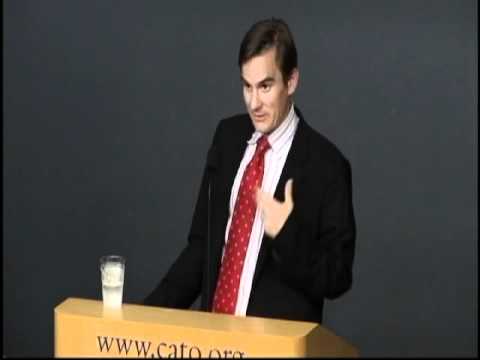
The Shackled Continent
May 25, 2011 | Video
Robert Guest, through a series of personal travel stories, explains the causes and his proposed solutions to Africa’s poverty. Africa’s poverty, he claims, is primarily the result of authoritarian governments. His solution is to encourage African governments to enforce the rule of law and provide basic necessities such as education, roads, and water.

Welfare, Regulation, and the Migration of the "Creative Class"
May 19, 2011 | Video
Prof. Bruce Yandle uses the concept of freedom to analyze various changes across the globe. Through this paradigm, he analyzes industrialization, regulation, migration, and even human psychology.
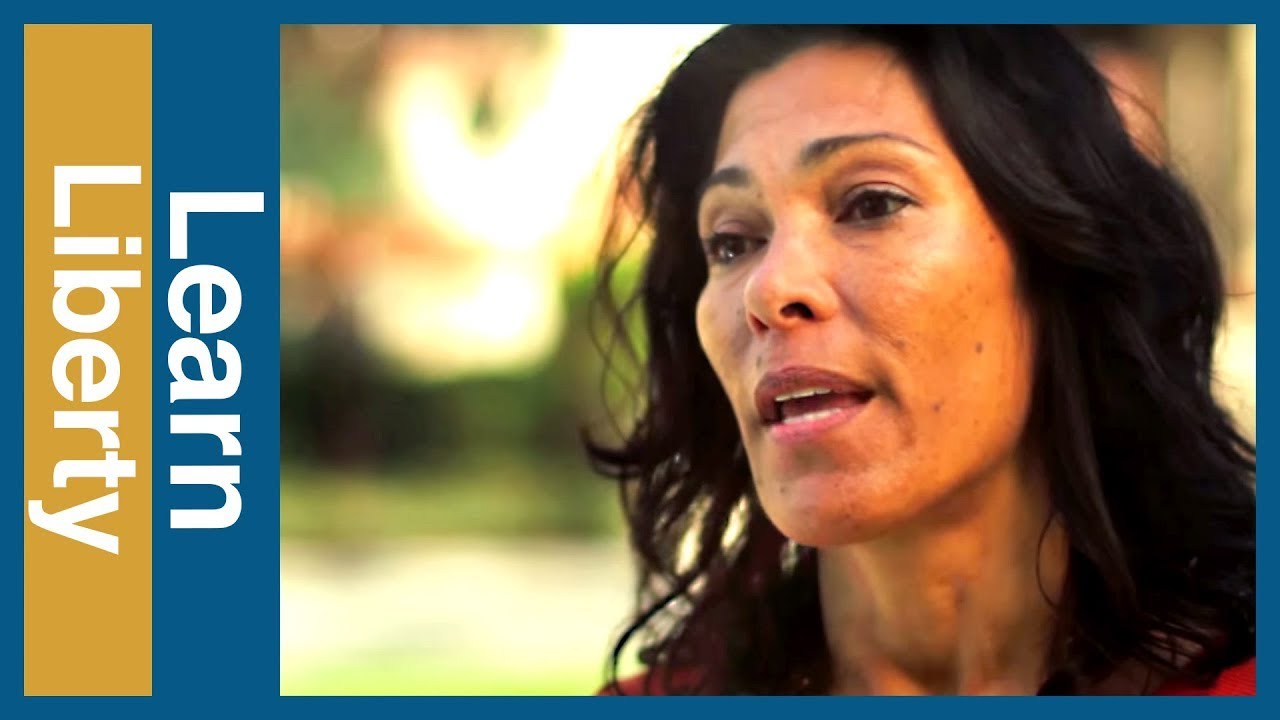
Are Entrepreneurs Modern Day Heroes?
May 18, 2011 | Video
Law professor Donna Matias defines an entrepreneur as someone able to identify and provide for an unmet need. In short, entrepreneurs are both problem solvers and wealth creators. Extremely successful entrepreneurs, therefore, are not evil. Rather, they are modern day heroes who have managed to effectively fulfill the needs of their consumers.
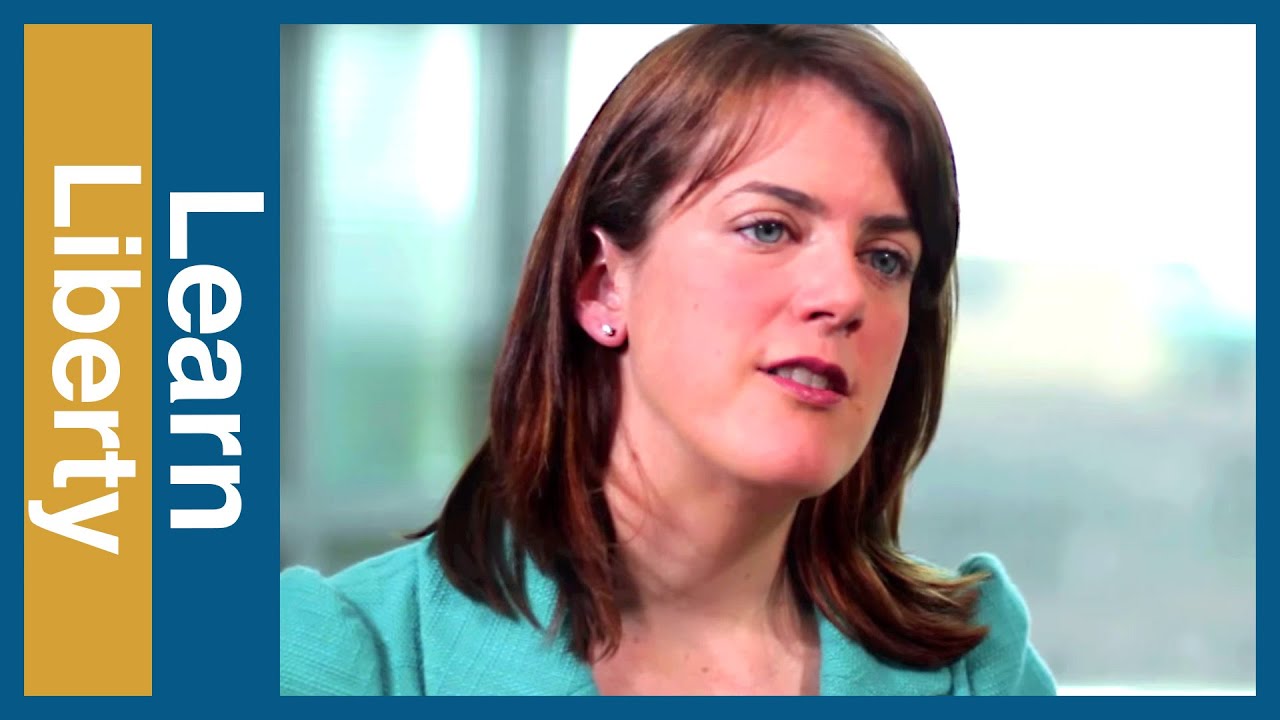
Do you want to live in the world of Atlas Shrugged?
May 6, 2011 | Video
In her masterpiece of fiction, Atlas Shrugged, Ayn Rand emphasizes three key classical liberal themes: individualism, suspicion of centralized power, and the importance of free markets. In this video, Prof. Jennifer Burns shows how Rand’s plot and characters demonstrate these themes, principally through innovative entrepreneurs who are stifled by laws and regulations instituted by their […]
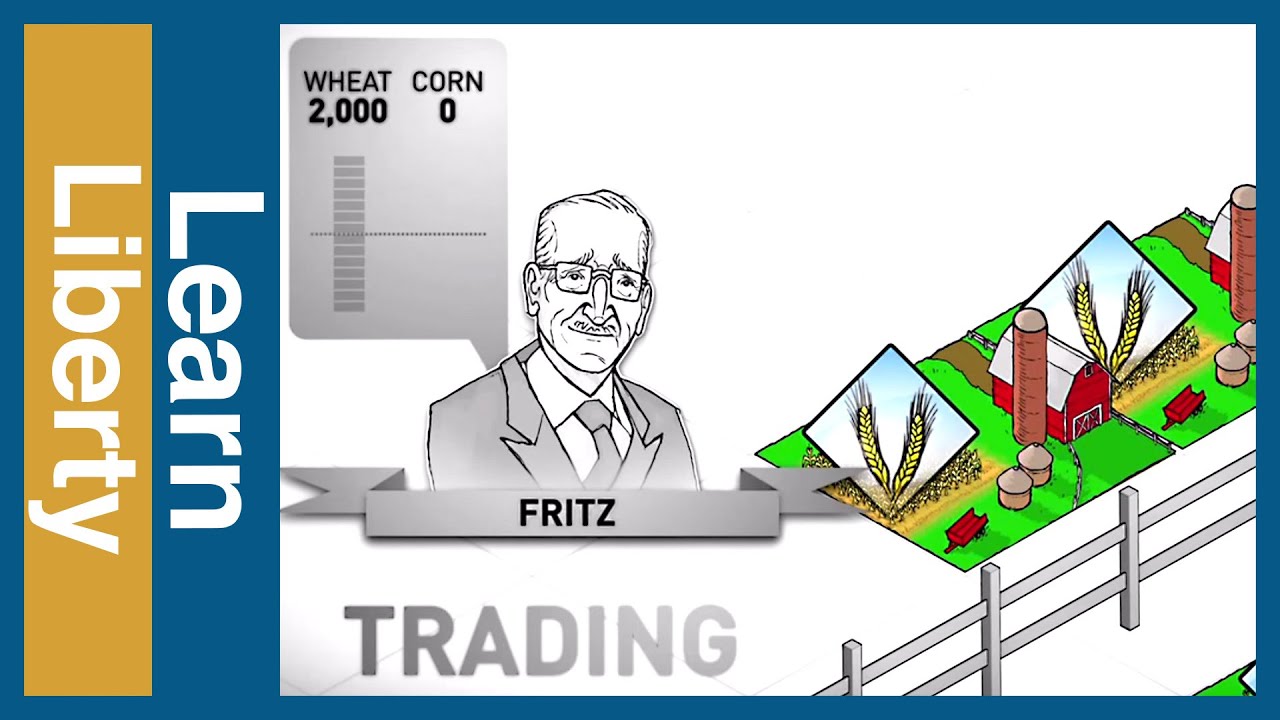
"Trade Is Made of Win," Part 3: Conservation
April 26, 2011 | Video
Prof. Art Carden explains how trade not only creates wealth, but conserves both wealth and resources. When people have access to trade, they can produce the things they make efficiently, and then trade for the things they can’t produce as efficiently. This means they are able to meet their needs while consuming fewer resources. Part […]

"Trade Is Made of Win," Part 2: Cooperation
March 28, 2011 | Video
Prof. Art Carden examines how trade creates wealth, by allowing people working together to produce more than they could individually. Using a simple two-person example, he shows another example of how cooperation during production benefits everyone.
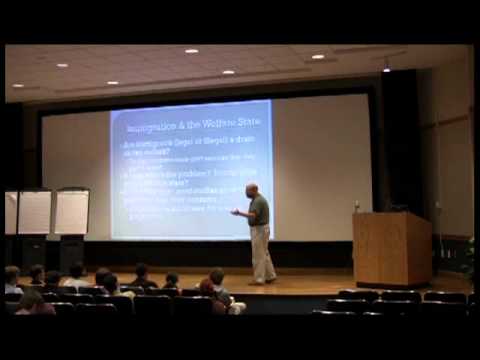
Libertarian Cosmopolitanism
March 18, 2011 | Video
From the IHS Vault: Prof. Steve Horwitz explores what he calls “Libertarian Cosmopolitanism.” Horwitz argues that in a world of globalized trade and communications, we should not just tolerate difference, we should acknowledge the benefits of voluntarily trading, exchanging, and interacting with others different from ourselves. He addresses issues including immigration, population growth, and free […]

The Vanishing Entrepreneur
March 14, 2011 | Video
Law professor Donna Matias knows how difficult it can be to start a new business. In her work as director of a legal clinic at the University of San Diego School of Law, she helps low- and moderate-income entrepreneurs navigate the legal hurdles they encounter. She tells the story of one client who wanted to […]

The Power of Property Rights
March 4, 2011 | Video
Why are property rights important, even for those who own the least? Professor Tom W. Bell of Chapman University School of Law explains that property rights allow people to live together in peace, prosperity, and freedom. They prevent conflicts over scarce resources, encourage productive labor, and discourage waste. Bell bolsters his argument by drawing on […]
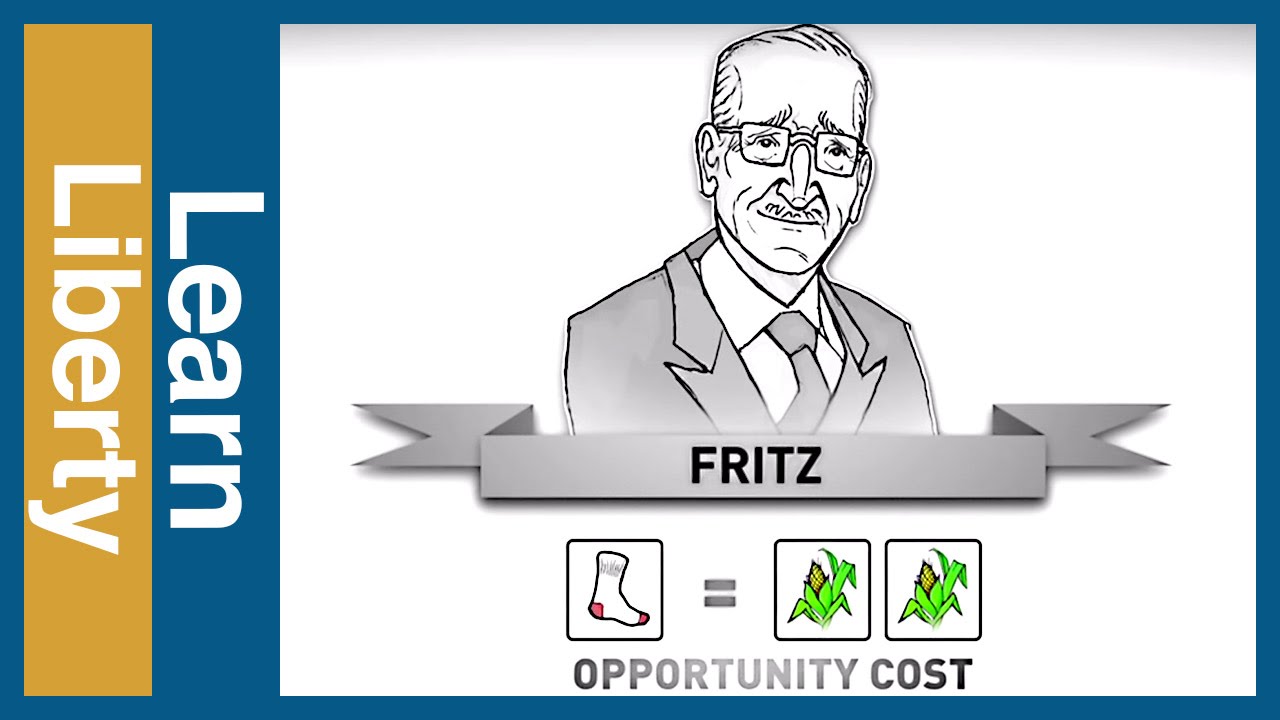
"Trade Is Made of Win," Part 1: Wealth Creation
March 3, 2011 | Video
How does trading make people better off? Economics professor Art Carden explains in this quick lesson on one of the most important concepts in Economics 101: trade creates wealth. Part 1 of 3.

Are We Running Out of Resources?
February 28, 2011 | Video
Prof. Steve Horwitz addresses the common belief that the world is running out of natural resources. Instead, there are economic reasons why we will never run out of many resources. In a free market system, prices signal scarcity. So as a resource becomes more scarce, it becomes more expensive, which incentivizes people to use less […]
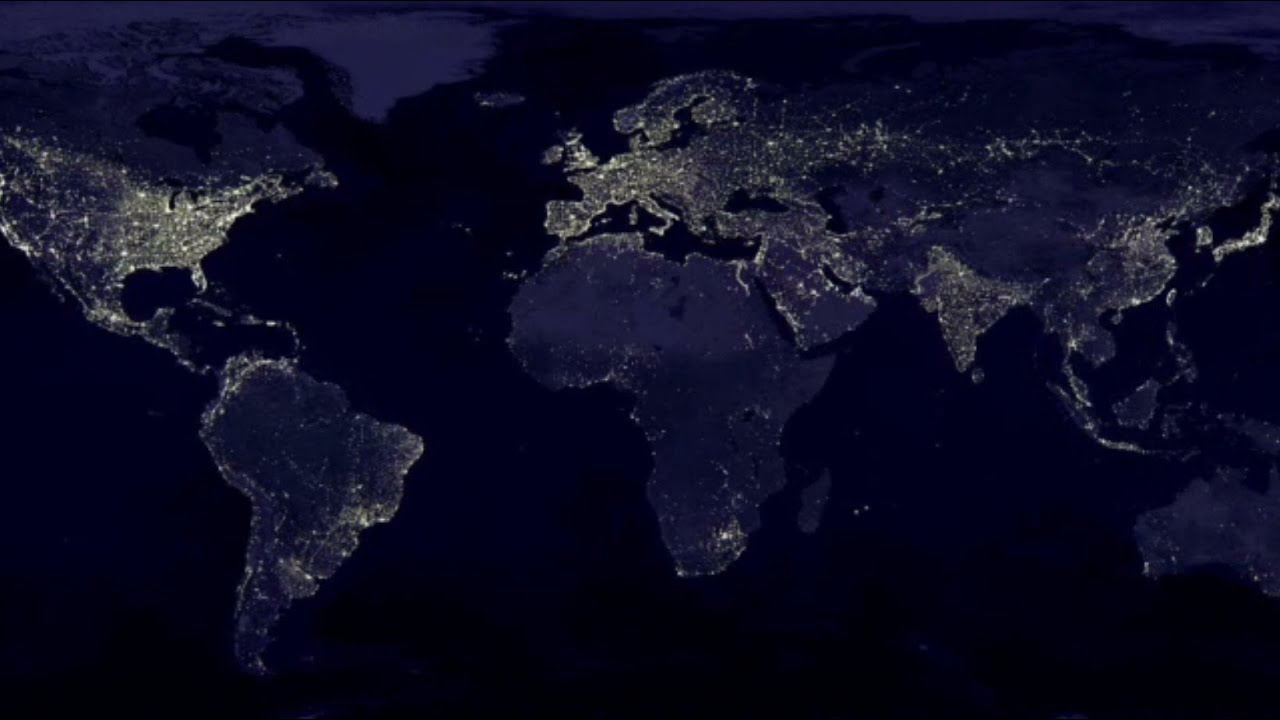
Economic Freedom and Growth
February 10, 2011 | Video
Economics professor Josh Hall describes how greater economic freedom leads to higher incomes and more economic development over time. When governments allow citizens the freedom to trade, own property, create businesses, and contract with others, the income of average citizens grows over time. This effect can be observed internationally when comparing countries, as well as […]

Economic Freedom and a Better Life
February 10, 2011 | Video
Economics professor Josh Hall explains that economic freedom leads to greater human well-being. If we look at average income, life expectancy, income of the poorest 10%, and other factors, we see that when governments let citizens make economic decisions for themselves, this leads to greater human flourishing.

